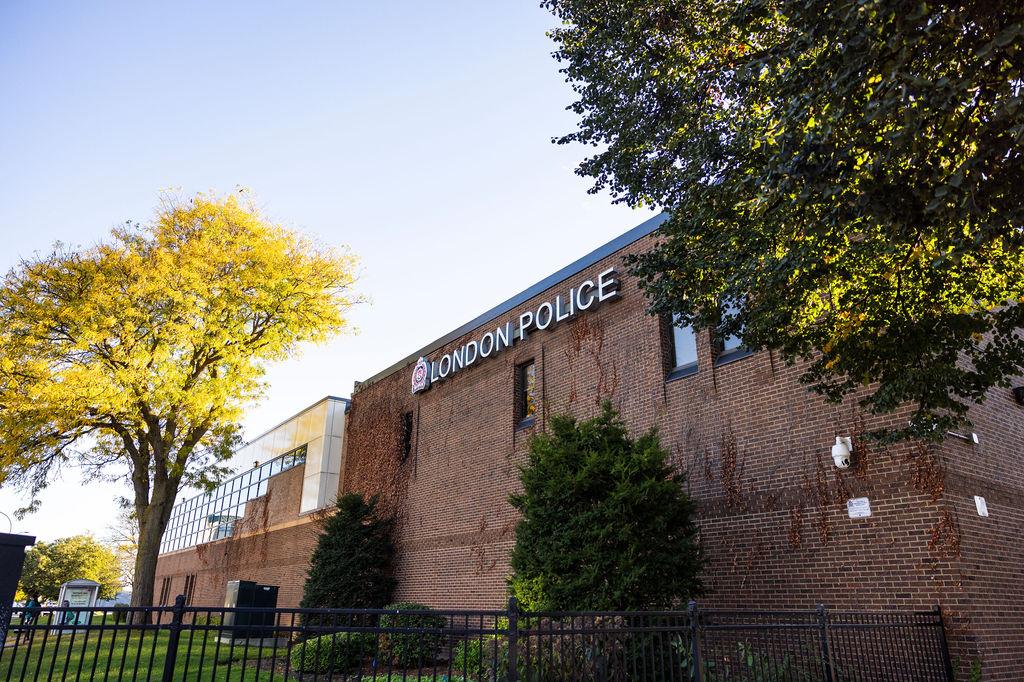Get ready for a major shift in London’s school landscape – School Resource Officers are making their comeback to local classrooms after the Ontario government introduced new legislation that’s changing how police and schools work together.
The London Police Service is practically buzzing with excitement about the Supporting Children and Students Act, which was announced back on May 29th. This new provincial legislation basically requires school boards to team up with local police services for School Resource Officer programs, and honestly, it sounds like London’s finest have been waiting for this moment.
According to the London Police Service, these aren’t just your typical officers patrolling hallways – they’re positioning themselves as mentors, role models, and what they’re calling “trusted partners” in creating safer school environments. The whole vibe is about building genuine relationships with students rather than just being the authority figure everyone avoids.
The program will be rolling out across all the major school boards in the city, including Thames Valley District School Board, London District Catholic School Board, Conseil scolaire Viamonde, and Conseil scolaire catholique Providence. That’s covering a lot of ground and a lot of students who’ll be seeing these officers become part of their daily school experience.
What’s particularly interesting is how the police service is framing this whole initiative. They’re really leaning into the mentorship angle, talking about early intervention and helping students “thrive both inside and outside the classroom.” It’s a pretty different approach from the traditional law enforcement presence schools might have had in the past.
The officers will apparently be doing way more than just keeping the peace. They’re planning to deliver educational programming on some pretty relevant topics – think internet safety, bullying prevention, and even legal rights education. It’s like having a crash course in real-world awareness built right into the school day.
Both the London Police Service and the London Police Association have put out a joint statement about the program, and they’re really emphasising the collaboration aspect. They’re talking about working “hand-in-hand with educators, students, and families” to build what they’re calling “stronger and safer schools.”
The police service is also making some pretty specific promises about how they’ll approach this. They’re committing to ensuring the program is “rooted in equity, inclusion, and collaboration,” which suggests they’re aware that having police in schools can be a sensitive topic for some families and communities.
Chief Thai Truong and London Police Association President Gareth Harris both signed off on the official statement, indicating this has support from both the administrative and frontline sides of policing in the city.
What makes this particularly noteworthy is that the police service is actively talking about reviewing their engagement strategies with community stakeholders to make sure they’re meeting the diverse needs of London’s school communities. It sounds like they’re trying to get ahead of any potential concerns before the program officially launches.
The timing of all this is pretty significant too. With the new provincial legislation essentially mandating these partnerships, school boards across Ontario are going to have to figure out how to make these programs work within their existing structures and cultures.
For London students and families, this means a pretty noticeable change is coming to the daily school environment. These specially trained officers will be focusing on what the police service calls “fostering early trust” and “breaking down barriers” between law enforcement and young people.
The police service is positioning this as an opportunity to support vulnerable youth through early intervention and community partnerships, suggesting they see their role as being proactive rather than reactive when it comes to student safety and wellbeing.

